60 F. high in the Twin Cities Tuesday.
62 F. average high on October 7.
67 F. high on October 7, 2013.
Sunday: next chance of rain in the metro area.
Moody Blues
I
just read that our minds wander 47 percent of the time. That figure may
be low. Psychologists insist that people derive more pleasure and
happiness from
experiences versus possessions. A vacation excites in a way no gadget can. If I could just ensure a sunny, hassle-free vacation (where the Wi-Fi is broken).
A recent article at
Business Insider
confirms that reviews on TripAdvisor and Yelp are accidental weather
reports. “The best reviews are written on sunny days between 70 and 100
degrees” one researcher concluded. Wet, miserable weather? Your
reputation may take a hit. If you want to ask a favor, a raise, or your
partner's hand in marriage consider waiting until next May, or late next
week, when a few 70s are possible, as a ridge of high pressure builds
across the Plains.
Until then seasonably cool weather lingers; a
dry sky into Sunday morning. Showers arrive late Sunday - steadier rain
Wednesday as a southern storm pushes due north.
Long range
European guidance suggests we haven't seen the last mild front of the
season. Although another 80-degree day is doubtful I bet we pick up at
least one or two days above 70F by Halloween.
Now excuse me while I troll
VRBO.com.
A Quiet Spell.
There's little chance of any significant rain until later in the day
Sunday; again Wednesday of next week. Corn harvest is running 7-10 days
later than average, but conditions will be pretty ideal to get out into
the field today into Saturday, again Thursday and Friday of next week as
temperatures return to the 60s, with a slight chance of 70-degree
warmth.
Mid South Soaking.
NOAA model ensembles print out as much as 5-6" of rain near Kansas City
over the next week; soaking rains from Little Rock to Louisville and
St. Louis with a potential for flash flooding. The remains of Tropical
Storm Simon may spark flooding across Arizona; a strong Pacific storm
lashes Seattle and Portland with heavy rain.
Super Typhoon Vongfong: Strongest Hurricane Since Haiyan? Here's an excerpt of a post from Dr. Jeff Masters at
Weather Underground: "
Earth's most powerful tropical cyclone since 2013's devastating Super Typhoon Haiyan is Super Typhoon Vongfong.
Vongfang is in the midst of a very impressive bought of rapid
intensification that took it from a Category 2 storm with 105 mph winds
at 18 UTC Monday to Category 5 strength with 180 mph winds at 18 UTC
Tuesday, according to the Joint Typhoon Warning Center (JTWC.) These are the highest winds of any tropical cyclone they have rated since Super Typhoon Haiyan's 195 mph winds of November 7, 2013..."
Why Florida's Record-Setting Hurricane Drought Portends Danger.
Complacency is growing as fast as the potential for disaster. The last
major hurricane in south Florida was Andrew in 1992. Here's the intro to
a Jason Samenow article at
Capital Weather Gang: "
Florida
has gone 3,270 days without a hurricane – nearly nine years and, by
far, the longest stretch on record (the next longest streak is 5 seasons
from 1980-1984, in records dating back to 1851). Meanwhile, the
Sunshine state’s population and development have boomed. Florida is long
overdue for a destructive hurricane and has never had so many people
and so much property in the way..." (1992 Hurricane Andrew time lapse: NASA).
Our Moods Have a Surprising Effect On Just About Everything We Do. And guess what one of the biggest drivers of our moods is?
Business Insider just ran an interesting story - here's a clip that got my attention: "...
After looking at more than 1 million online reviews on sites like TripAdvisor, they found that restaurants received significantly better ratings on days with nice weather and
worse reviews on any day with rain. “The best reviews are written on
sunny days between 70 and 100 degrees,” researcher Saeideh Bakhshi concluded.
“A nice day can lead to a nice review. A rainy day can mean a miserable
one.” In short: Yelp reviews are accidental weather reports..." (File photo: Neil Hall, Reuters).
Buy Experiences, Not Things. Following up on today's weather column here's an excerpt of a post at
The Atlantic: "...
Over
the past decade, an abundance of psychology research has shown that
experiences bring people more happiness than do possessions. The idea
that experiential purchases are more satisfying than material purchases
has long been the domain of Cornell psychology professor Thomas Gilovich.
Since 2003, he has been trying to figure out exactly how and why
experiential purchases are so much better than material purchases. In the journal Psychological Science last month, Gilovich and Killingsworth, along with Cornell doctoral candidate Amit Kumar, expanded on the current understanding that spending money on experiences "provide[s] more enduring happiness...."
Most Days With 1"+ Snow in December? I was a little surprised, thinking it might be March or even January, but data from the
National Weather Service confirms a 30-year average of 4 days with 1" or more of snow, just enough to turn your commute into a bad dream.
In Virtual Mega-Drought California Avoids Defeat. What would happen if the current drought gripping California lingered for 60-70 more years? Here's an excerpt from a story at
The Los Angeles Times: "...
The
state's system of capturing and moving water around is one of the most
expansive and sophisticated in the world. But it is based on a
falsehood. "We built it on the assumption that the last 150 years is
normal. Ha! Not normal at all," cautioned paleoclimate expert Scott
Stine, a professor emeritus of geography and environmental science at
Cal State East Bay. "The weather record that we tend to depend on in
California for allocating water … is based on about 150 years of really
quite wet conditions when you look back at, say, the last 8,000 years or
so," Stine said..."
Photo credit above: "
The
banks of Diamond Valley Lake in Hemet are dry and cracked. Though
agriculture would shrink under chronically dry conditions, California on
the whole wouldn't collapse." (Allen J. Schaben)
Hiker Captures Volcano's Eruption on Video.
This is video from the Mt. Ontake eruption in Japan in late September,
but you may not have seen the ash cloud sweeping in. Here's a link to
the video and story at
NPR: "
A
huge cloud of rolling ash and dust poured down the side of Mount Ontake
in central Japan on Saturday, as the volcano erupted and coated the
surrounding area in ash. The sudden eruption initially stranded more
than 250 hikers; one of them managed to shoot video of the shocking
sight of an immense billowing gray cloud speeding toward them..."
Do Shorter Men Make Better Husbands? Wait, you're telling me that I'm compensating for not being 6 foot 6?
The BBC reports, so it must be true - here's an excerpt that caught my eye: "...
But
the conclusion of the paper, once one has weeded through, is striking
and well documented. It is simply that short men make stable marriages.
They do this in circumstances of difficulty and against the odds and
consistently over ages and income groups, and they do it with the
shorter women they often marry, but also with the taller women they
sometimes land. Short men marry late but, once they do get married, tend
to stay married longer and, by social science measures, at least - I
assume this means they ask the short men's wives (I hope so anyway) -
they stay happily married, too..."
Fact-Checking Prince: Can Doves, In Fact, Cry?
I was surprised to find out the answer is yes, although they probably
don't weep or mourn the way we do, according to a story at
Vox: ..."
I
am pleased to assure you that doves do indeed have tear ducts," Shapiro
writes. "Like us, doves use tears to keep their eyes moist and prevent
them from drying out. Whether they also use these tears and ducts to
lament overly bold fathers or insatiable mothers is beyond my area of
expertise..."
Photo credit above: "
Can this dove cry? The answer may surprise you."
Shutterstock
TODAY: Mix of clouds and sun, breezy. Winds: NW 15. High: near 60
WEDNESDAY NIGHT: Clearing and cool. Low: 38
THURSDAY: Blue sky, less wind. High: 57
FRIDAY: Frosty start, bright sunshine. Wake-up: 33. High: 57
SATURDAY: Nicer day of the weekend. Plenty of cool sunshine. Wake-up: 35. HIgh: 61
SUNDAY: Early sun, PM showers likely. Wake-up: 43. High: 58
MONDAY: Drying out, intervals of sun. Wake-up: 42. High: 59
TUESDAY: Clouds increase, rain at night. Wake-up: 39. High: near 60
Climate Stories...
Can Sucking CO2 Out Of The Atmosphere Really Work? And even if you can get it to work, can it work cost-effectively, at scale?
MIT Technology Review has the story; here's an excerpt: "...
The
need for a carbon-sucking machine is easy to see. Most technologies for
mitigating carbon dioxide work only where the gas is emitted in large
concentrations, as in power plants. But air-capture machines, installed
anywhere on earth, could deal with the 52 percent of carbon-dioxide
emissions that are caused by distributed, smaller sources like cars,
farms, and homes. Secondly, air capture, if it ever becomes practical,
could gradually reduce the concentration of carbon dioxide in the
atmosphere...."
Photo credit above: "
CTO and co-founder Peter Eisenberger in front of Global Thermostat’s air-capturing machine."
Black Hills Blizzard of Early October, 2013, Probably Not Linked to Climate Change.
USAgnet.com
takes a look at the freak blizzard that unloaded as much as 55" of snow
on the Black Hills of South Dakota on October 3-5, 2013. Was there a
connection to increasing moisture levels and climate volatility? "...
It
was just an anomaly," Edwards said. "This type of early season blizzard
is an outlier and is not any more likely to occur in the future due to a
changing climate." Such a storm occurs about once every 10 years, so it
is not uncommon to get that much precipitation in a two- or three-day
period in western South Dakota. But the timing of the 2013 early October
blizzard created devastating impacts. Computer models showed a
reduction in what Edwards called "extreme precipitation events" in the
fall season in western South Dakota when compared to climate conditions
in the 1800s. However, she added, the results were not statistically
significant..." (Image above:
YouTube).
How To Lie With Data (or "Melting Away Global Warming"). Phil Plait looks past the propaganda and spin to what's really happening at both poles in
Slate; here's the introduction: "
After a summer of seasonal melting, on Sept. 17, 2014, Arctic sea ice extent likely hit its minimum
for the year. The official word is that it was measured at 5.02 million
square kilometers (1.94 million square miles). This is the sixth-lowest
minimum since satellite records began in 1979. It also fits right in
with the overall declining trend of Arctic sea ice..."
Past Measurements May Have Missed Massive Ocean Warming.
Science Magazine has the update; here's the introduction: "
Earth’s
oceans have absorbed more than 90% of the warming caused by greenhouse
gases, researchers estimate, with the stored heat showing up as warmer
seawater. But a new analysis suggests scientists may have underestimated
the size of the heat sink in the upper ocean—which could have
implications for researchers trying to understand the pace and scale of
past warming. Seas pose a formidable challenge to climate scientists. On
one hand, they are as big a player in the global climate system as the
atmosphere. As a result, “global warming is ocean warming,"
oceanographer Gregory Johnson writes in a commentary on the new study,
appearing today in Nature Climate Change. But vast swaths of the ocean
are poorly measured, particularly in the Southern Hemisphere..."
Image credit above: "
The ocean stores much of the warming caused by the buildup of greenhouse gases." Daniel Ramirez/Flickr.
A Word From Our Sponsor. The New Yorker
has an interesting article about David Koch's contributions to PBS, and
Koch's inclusion in a recent documentary, "Park Avenue". Here's a clip:
"....
“Park Avenue” includes a multifaceted portrait of the Koch
brothers, telling the history of their family company and chronicling
their many donations to universities and think tanks. It features
comments from allies like Tim Phillips, the president of the Kochs’ main
advocacy group, Americans for Prosperity, and from activists in the Tea
Party, including Representative Michele Bachmann, of Minnesota, who
share the Kochs’ opposition to high taxes and regulation..."

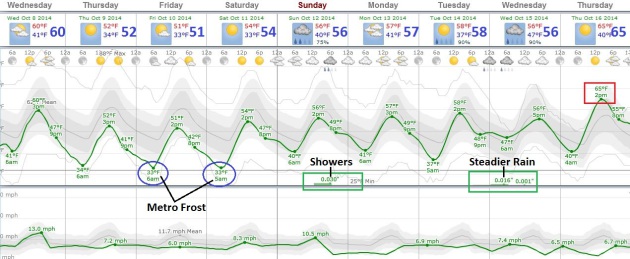
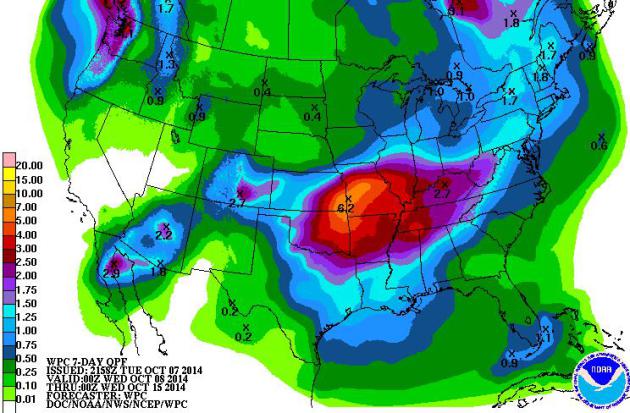
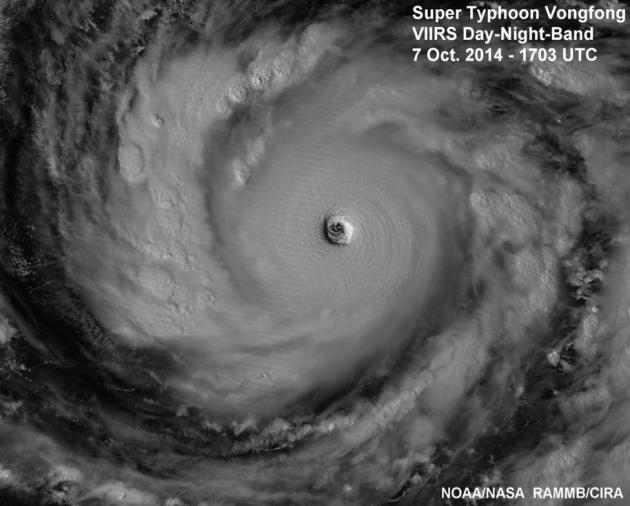
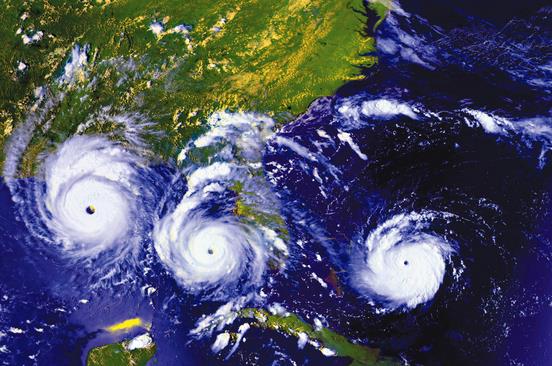


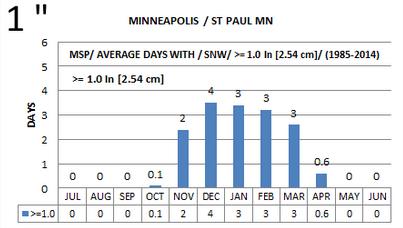
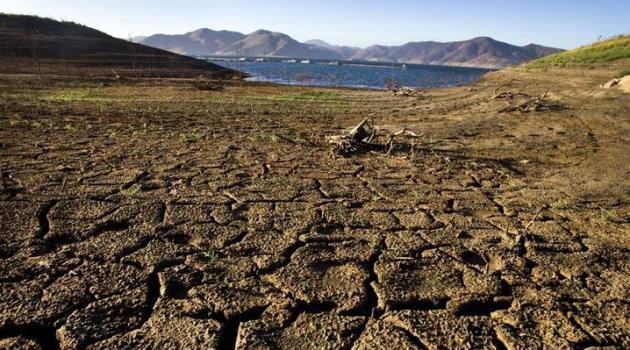
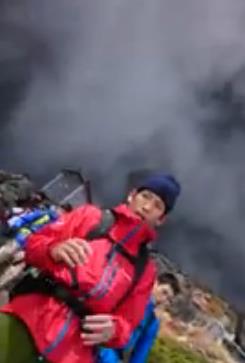



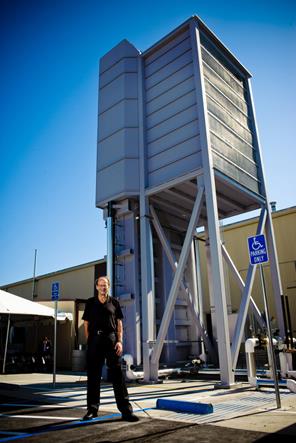
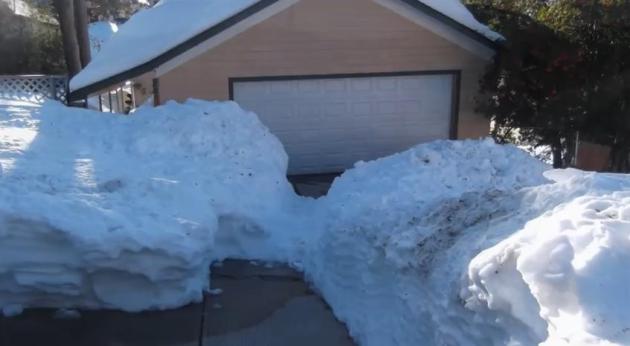
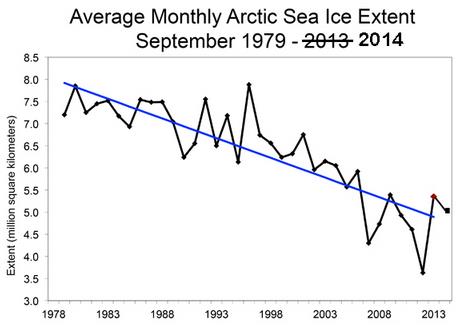


No comments:
Post a Comment